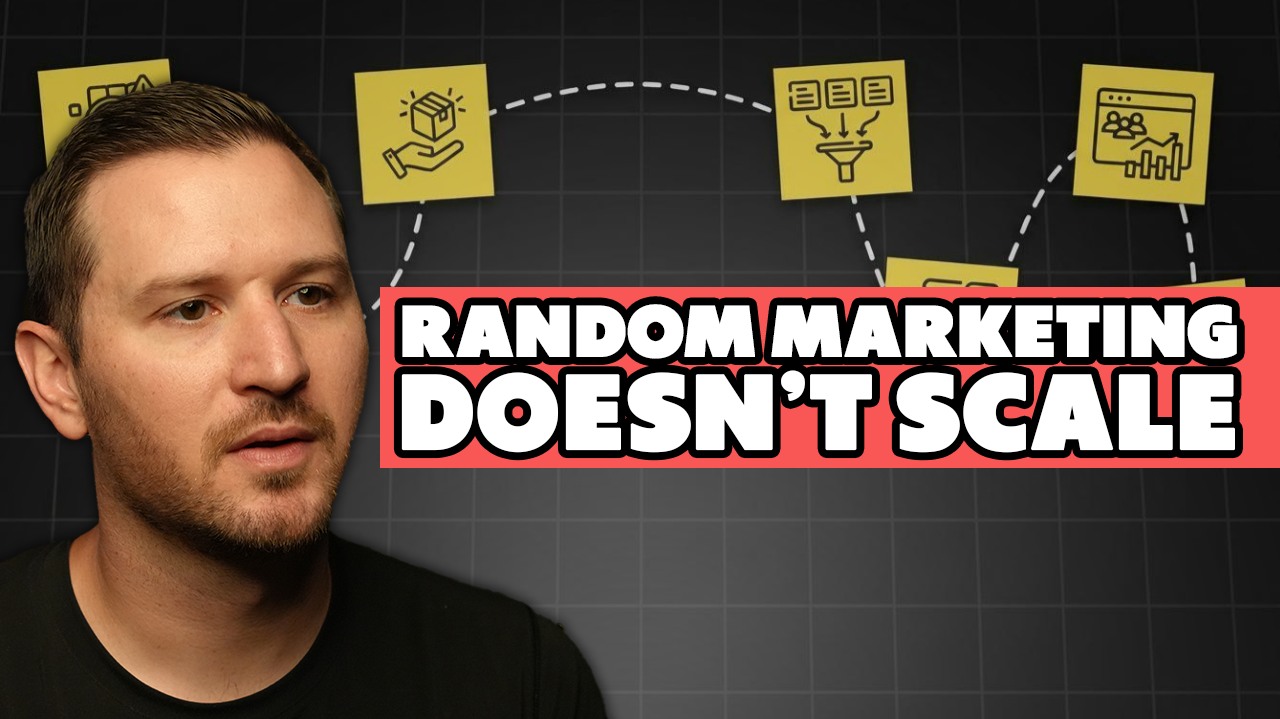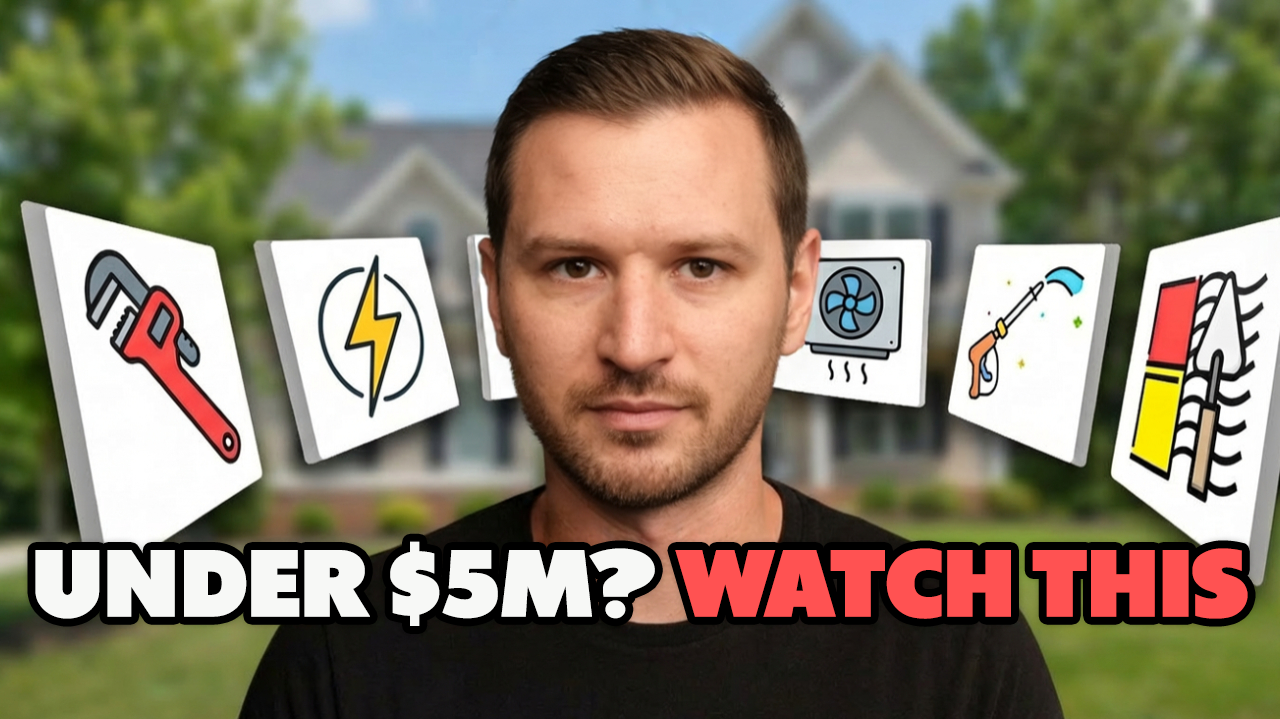There’s a mistake in acquisitions that almost no one talks about. It looks smart at first glance: buy cheap HVAC companies in small towns where no one else is competing.
The deals are inexpensive. The market is wide open. And on paper, you can “own the town” overnight.
But here’s the catch: those markets rarely get bigger than $5–6 million in revenue. The population just isn’t there.
You think you’re buying opportunity. What you’re really buying is a ceiling.
Why Easy Markets Aren’t Always Worth It
Cheap markets tempt operators because they feel controllable. No competitors breathing down your neck. No crazy bidding wars with private equity. Just you and a handful of customers.
But here’s something to chew on:
The big question isn’t how cheap the deal is — it’s whether the market is even worth owning.
- Population is destiny. No matter how well you run, a town of 20,000 caps out quickly.
- Labor is scarce. Finding the right operators in rural markets is harder than selling work.
- Exit options shrink. PE doesn’t want $5M businesses “in the middle of nowhere.” They want scale, density, and demographics.
The irony is this: what looks easiest up front often turns into the hardest business to grow.
The Trap Operators Fall Into
I’ve seen this play out more than once. On the surface, small markets feel like a shortcut. The deals are cheaper. The path to dominance is shorter. And the market is yours to lose.
But that’s the illusion.
I’ve looked at HVAC companies for sale in towns of maybe 20,000 people. They might be doing $5–6 million in revenue, and they’re the biggest player in town. But here’s the problem: that’s also the ceiling. You can’t grow much beyond it because the population won’t support it.
That’s the trap. You think you’re buying scale, but what you’re really buying is a cap.
I’ve also watched operators underestimate the labor problem in these markets. In theory, you can market more cheaply in a small town — leads aren’t hard to come by. But then comes the harder part: finding and keeping good people. In tiny markets, labor is scarce. You need a strong operator willing to run a limited business in a limited market, and those people are almost impossible to find.
Private equity won’t touch these deals for the same reason. They know there’s no exit path. You’re not going to build a $20M business out of a town that maxes out at $5M. You’re not going to attract institutional buyers when the demographics don’t work.
So when I see a “cheap” deal in a tertiary city, the first thing I ask myself is: if it’s so easy to win here, why hasn’t anyone else done it? And most of the time, the answer is simple. The market isn’t good. It’s already maxed out. And that’s why the deal looks attractive on the surface.
That’s the trap operators fall into. They chase the easy win and end up stuck with a business that can’t grow, can’t attract talent, and can’t be sold for more than they paid for it.
The Better Question
The next time a broker hands you a “can’t-miss” $2M HVAC business in a tertiary city, don’t start with price. Don’t start with EBITDA.
Start with the only question that matters:
“Is this market worth owning?”
Because cheap deals aren’t always good deals. And the wrong market will cap your growth before you’ve even started.


.png)

.png)



